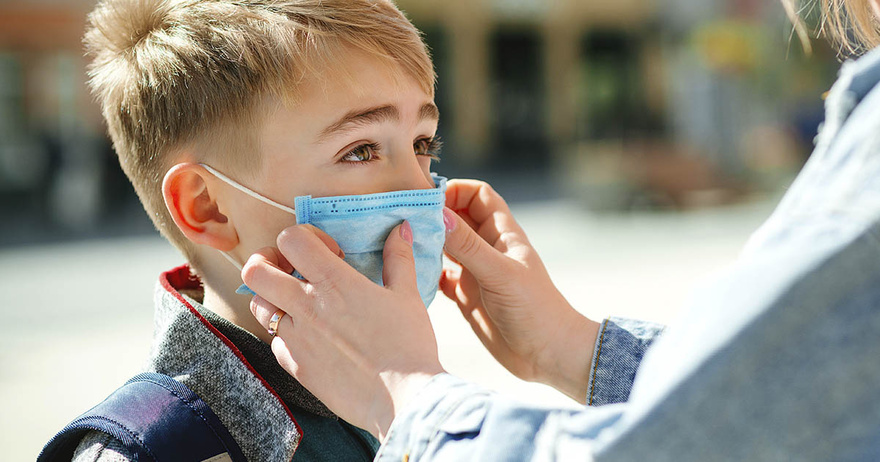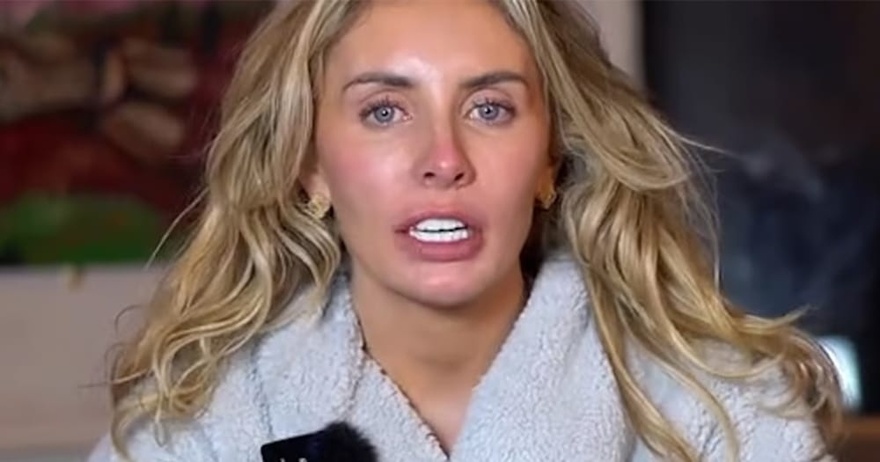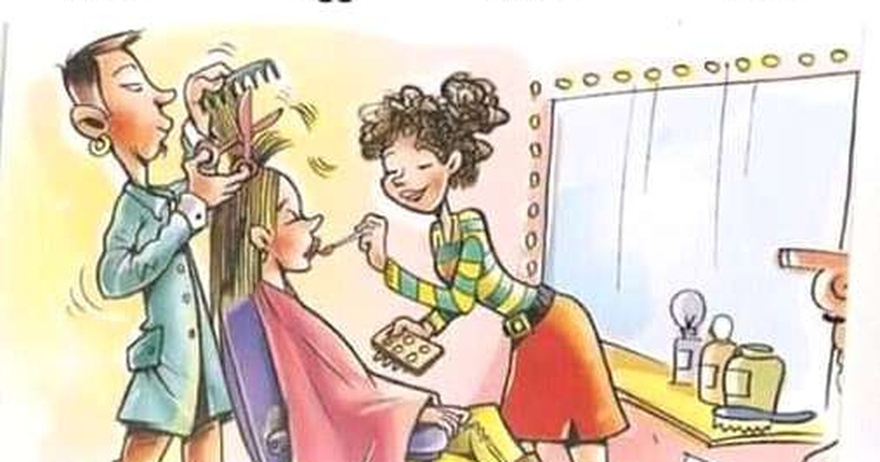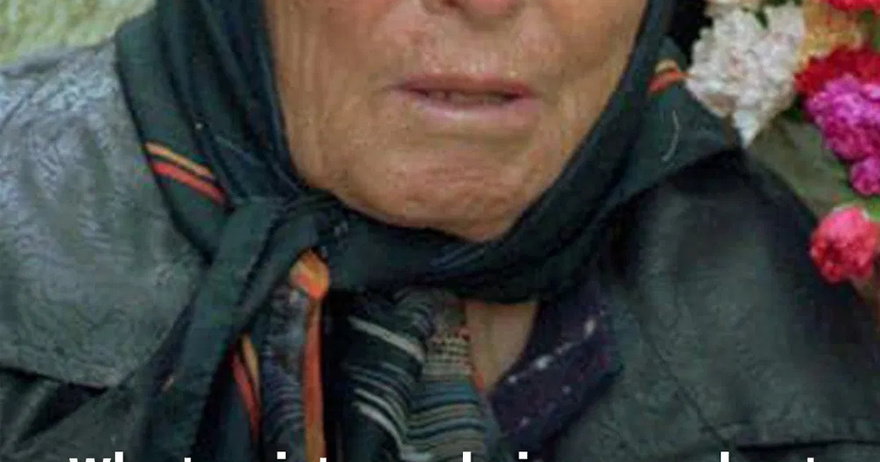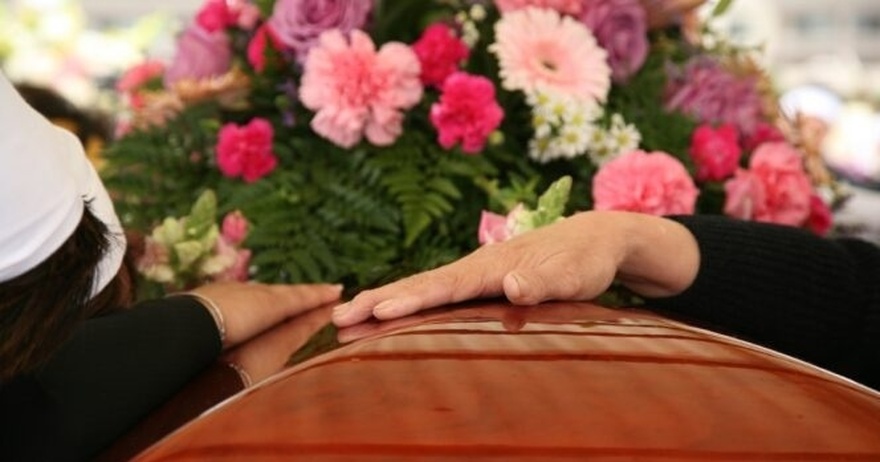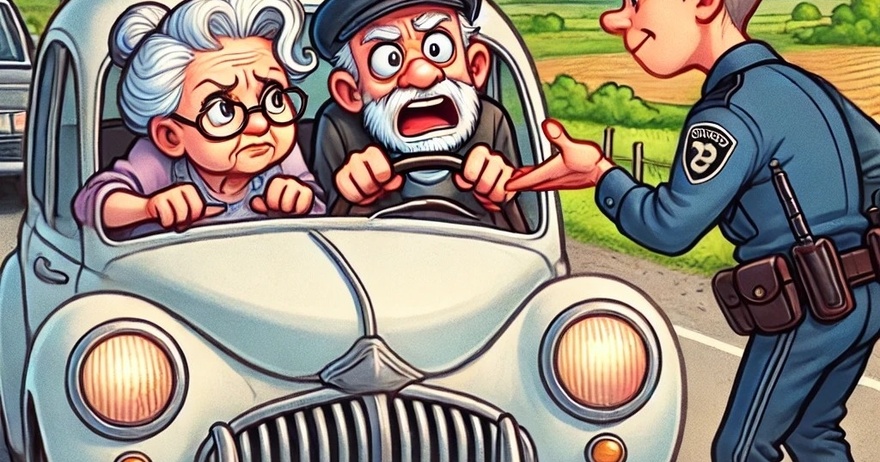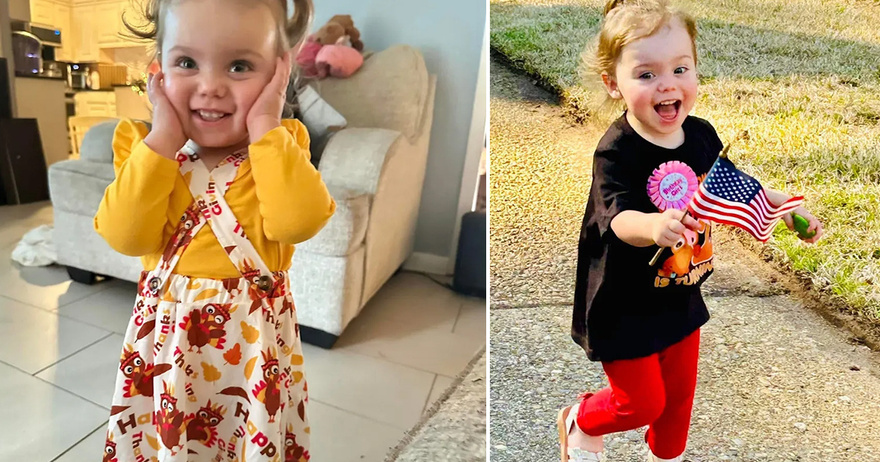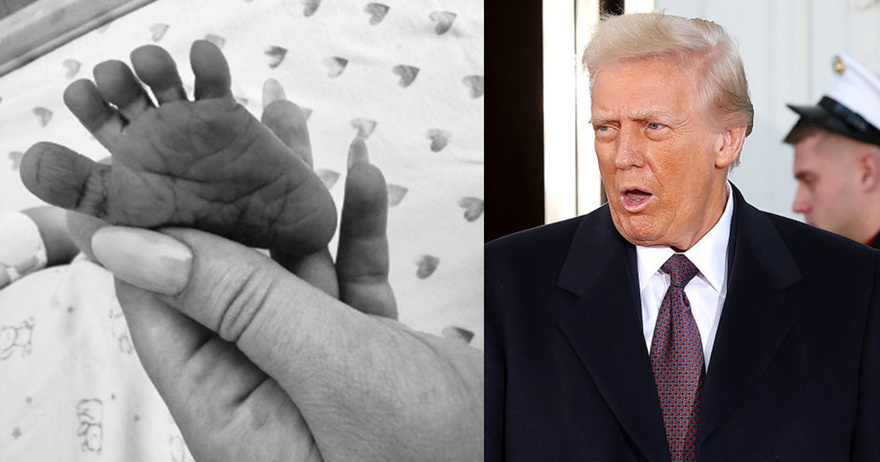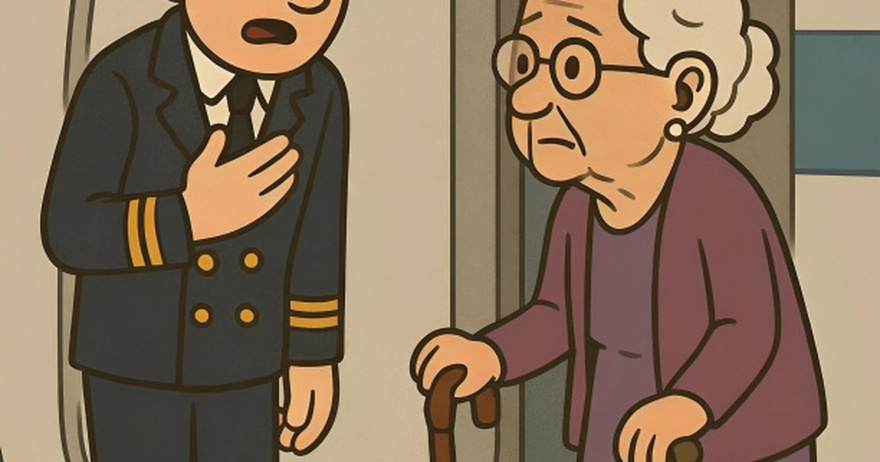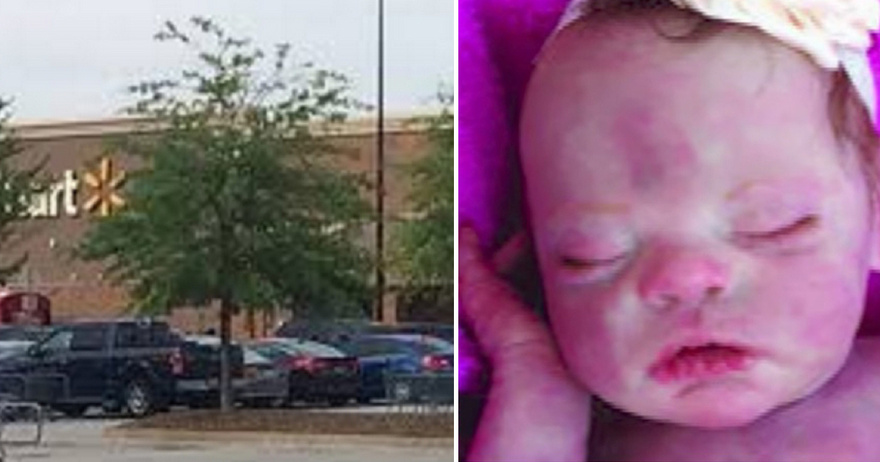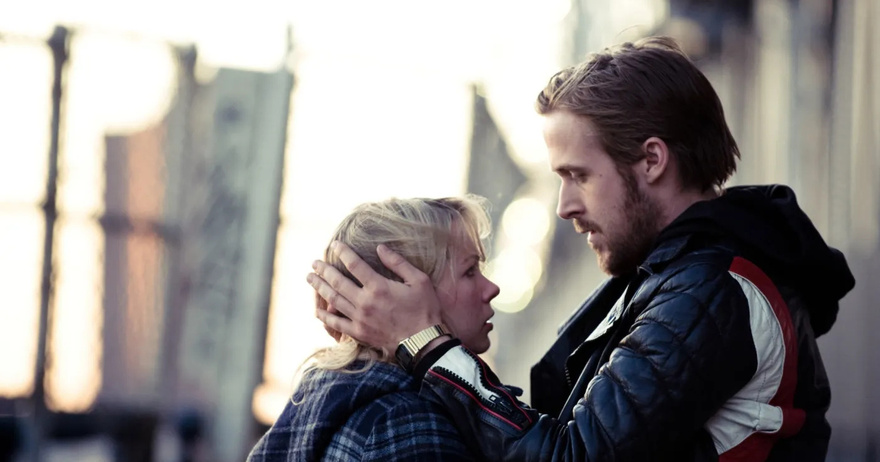A disturbing case from Spain has cast a spotlight on the long-term mental effects of pandemic-related fear. In the city of Oviedo, authorities recently rescued three children who had allegedly been confined to their home for since March 2022. The children, 8-year-old twins and their 10-year-old sibling, were reportedly kept indoors by their parents, a 53-year-old German man and a 48-year-old German American woman, who claimed they were protecting their family from COVID-19.
When police entered the residence, they found the children in shocking conditions. The home was cluttered, unsanitary, and showed signs of extreme neglect. The children were still sleeping in cribs, wearing face masks indoors, and had not set foot outside since December 2021. They showed clear signs of social isolation, emotional distress, and possible developmental delays. Authorities described the living situation as one of severe psychological and physical confinement.
Neighbors had grown suspicious after noticing the children’s prolonged absence from school. Eventually, a concerned citizen reported the situation, prompting social services and police to intervene. What they discovered was not just a case of educational neglect, but a much deeper issue rooted in pandemic-related anxiety. The couple had allegedly ignored public health updates and imposed their own harsh rules, isolating the children far beyond the reasonable limits of COVID-19 safety. The parents, aged 53 and 48, were arrested. Police charged them with child abandonment and domestic abuse.
This case has sparked widespread concern and outrage, especially as it appears to reflect symptoms of what mental health experts call COVID Anxiety Syndrome, a lingering condition where fear of infection leads to compulsive and often irrational behaviors. As the world continues to recover from the pandemic, this story highlights the urgent need to address the psychological aftermath that still affects some individuals and families.
Understanding COVID Anxiety Syndrome
Psychologists Ana Nikčević and Marcantonio Spada coined the term COVID Anxiety Syndrome. It describes a pattern of behavior where people remain fearful of the virus, even after the immediate threat has passed. Common symptoms include obsessive cleaning, compulsive symptom-checking, and avoiding public spaces.
In most cases, these habits began during lockdowns. However, some individuals continued them despite changing conditions. Medical experts say this ongoing anxiety can interfere with normal life and relationships. In families, it can have a ripple effect, affecting children the most.
Medical News Today explains that while some caution is healthy, extreme behavior may indicate a deeper problem. Those affected may believe they are protecting themselves, but in reality, their actions may cause long-term harm.
When Fear Becomes Dangerous
During the pandemic, many people took extra steps to stay safe. However, this case shows how protective instincts can spiral into dangerous behavior. The parents kept their children home for years, even when schools reopened and vaccines became available.
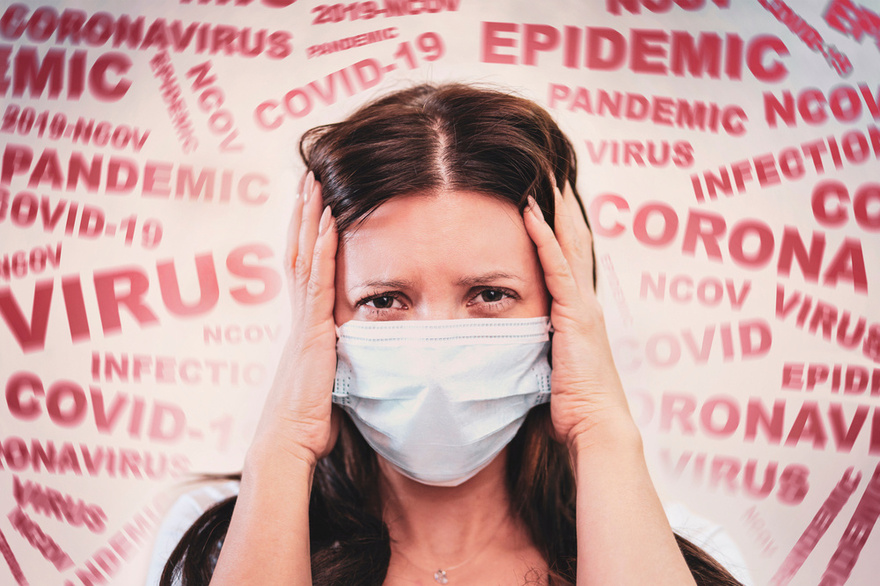
By 2022, most communities had eased restrictions. Yet, this family continued to live in isolation. The children missed out on education, social interaction, and outdoor play, all essential for healthy development. Their parents’ fear overruled public health advice, creating a bubble that delayed their growth.
Experts believe that constant exposure to fear-based news can amplify anxiety. Over time, this can lead to irrational thinking. People may ignore facts and become trapped in their fears, believing they are acting out of love and caution.
The Hidden Toll on Children
Years of isolation can deeply affect a child’s mind and body. In this case, the children showed signs of developmental delay, emotional distress, and lack of social skills. Experts say missing school and regular play can damage a child’s ability to connect with others and manage emotions.
Long-term isolation can also lead to depression, anxiety, and trust issues. These effects may last well into adulthood. Children need structure, interaction, and stimulation to grow. When these needs are denied, the results can be heartbreaking.
The fact that this situation continued for years raises questions about community awareness. It took a neighbor’s report to alert authorities. This delay highlights the need for stronger social support and attention to signs of hidden abuse or neglect.
Steps Toward Recovery and Support
Although COVID Anxiety Syndrome is not an official diagnosis, it is a real problem for many people. Thankfully, there are ways to manage it. Experts recommend starting with small steps, like returning to public spaces or meeting with trusted friends.

Limiting exposure to distressing news and social media can also help reduce fear. For some, professional therapy is the best option. Therapists can guide individuals through their fears and help them rebuild confidence and daily routines.
Family members and friends also play a role. Showing empathy and offering gentle encouragement can make a difference. When fear begins to control behavior, support systems can help people regain balance.
This case reminds us that mental health care is essential during and after a crisis. With the right tools, people can recover from pandemic-related anxiety and prevent further harm to themselves or others.
Awareness Helps to Move Forward
The case in Oviedo is a tragic example of what can happen when fear goes unchecked. The parents likely believed they were protecting their children, but instead, they caused serious harm. Their story is not just about one family, it’s a warning about how anxiety can grow when left untreated.
As the world continues to recover from the pandemic, it’s important to address the mental health struggles that still linger. COVID Anxiety Syndrome may not be widely discussed, but its impact is real. With awareness, empathy, and proper care, families can heal and move forward.
